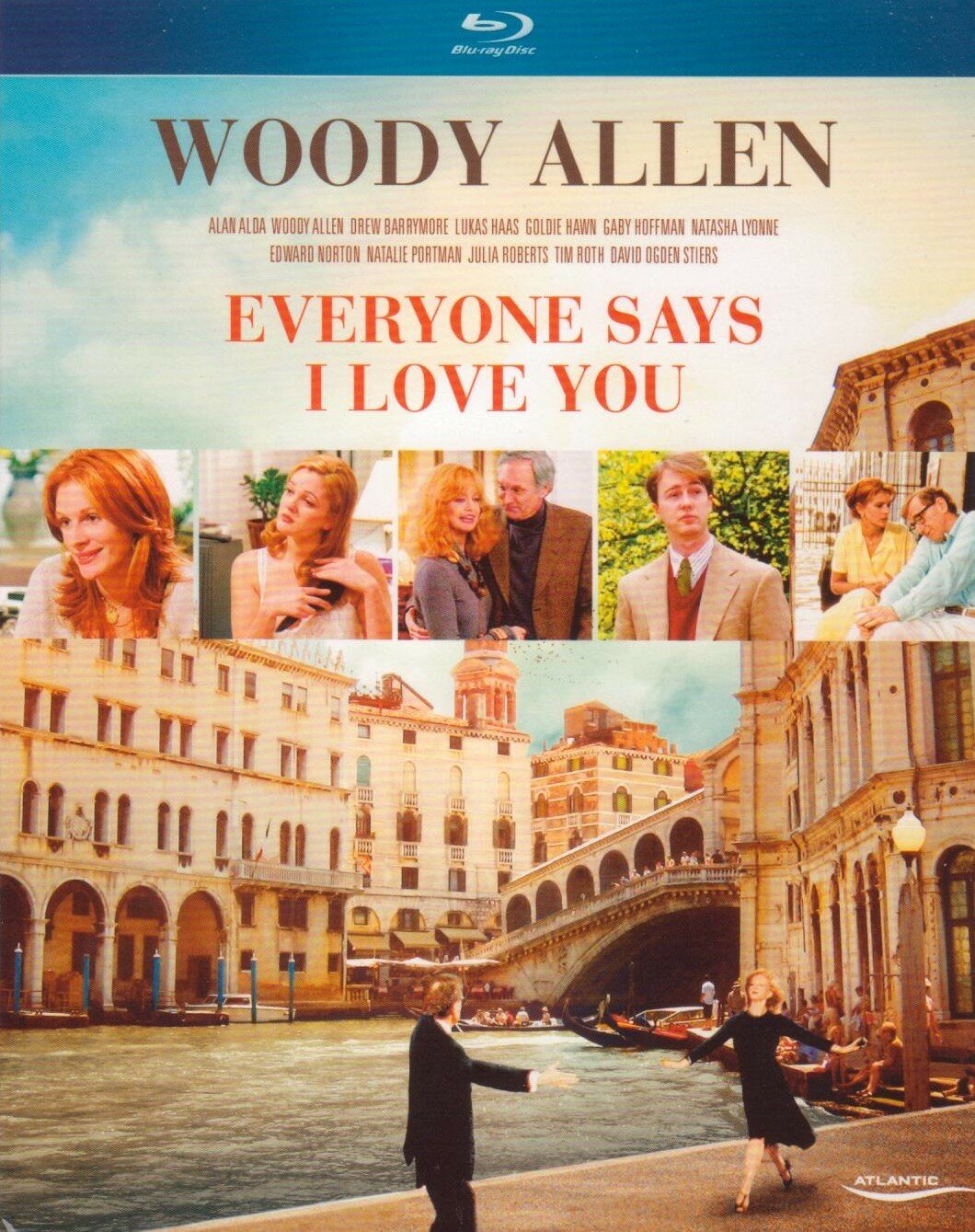In her Political Writing 101 column here on the Liberty Island website, Jamie K. Wilson argues that conservative writers “need to unashamedly embrace the epic hero”. “I get tired of antiheroes.” she writes. “They are the damaged and suffering heroes that SJWs wish they could be.”
I thought of this advice in light of my own forthcoming novel from Liberty Island, Red Line Blues: The Ballad of Owen Cassel, due out in November. My hero is clearly not an epic hero. He is much closer to the “damaged and suffering” heroes that Jamie disdains. I sat down to write my novel with a particular purpose: to challenge the prevailing sense in mainstream culture that someone with conservative views cannot be complex, let alone cultured. Conservatives are always corrupt, ignorant, and bigoted. If they have some redeeming features to them, they become liberals in the end (like Scott, in Woody Allen’s Everyone Says I Love You, whose conservatism turned out to be the result of a brain tumor).
Thus was born Owen Cassell—an alcoholic, divorced, disillusioned lapsed Catholic and failed professor, who is nonetheless highly intelligent, charming, well-traveled, and sensitive. His problem is that he falls in love with a younger woman who is liberal. For a variety of reasons, she is misled into believing that he is as well. In order not to ruin the blossoming relationship he keeps his conservative views to himself. Unlike Jamie’s epic heroes, who must give up what they most value for the sake of others, he tries to hold on to everything and ultimately pays the price of what he recognizes is his cowardice. I suppose I chose to write a novel that portrays a conservative in a sympathetic light without necessarily trying to write a “conservative novel”.
The real villain, which Owen confronts but is unable to vanquish, is our stultifying culture that politicizes everything. This is where I entirely agree with Jamie: “The mostly liberal New York publishing elites worship at the altar of a different god.” Not only could they never accept a novel with a sympathetic conservative character, these Lunacharskys of our disappearing democracy and our culture-obliterating culture insist upon ideological formulas to determine what can and cannot be written. The hiring by publishers of “sensitivity readers”, the accusation of “cultural appropriation”, the insistence on the inclusion of minorities in every story, are all stifling to true art, a betrayal of the great American tradition of the novel.
For this we as a society pay an artistic and a political price. The monotonous progressive fiction that is pumped out by New York’s Commissars of Enlightenment is essentially propagandistic. Because of its formulaic nature, and because it must reject complexities inconvenient to its ultimate purpose, propaganda is hardly ever of high literary quality. The result of today’s literature of conformity is to make those who read it increasingly susceptible to propaganda, and the result of that susceptibility to propaganda is to drive a politics of conformity.
My antihero Owen Cassel loses his love because he was cowed by this politics of conformity. But the moral of his ballad is that we all lose by allowing our literature to be overwhelmed by propaganda, and our politics to be diminished by conformity. There’s no liberty in that, nor true literature.



Comments
3
Leave a Reply
Having read both this and Jamie’s piece,my sense was that the epic hero is more an archetype, less a “character.” Superman and Jon Voight’s character in Midnight Cowboy came to mind as examples of epic vs. flawed. While there is definitely a place for the unambiguous epic hero, the reality of the human condition argues that there will be many more flawed heroes, and that they will resonate more with readers looking to plumb the depths.
Definitely food for thought. I do not think, however, that only the flawed hero can be complex. The current movie version of Captain America is definitely epic, but also complex in the way that only an honorable man in a flawed world can be.
I do not disdain the antihero, either – just sick to death of them because they tend toward whininess and self-pity (the ironically named Ironman.) A well-done conservative antihero, however, could be interesting indeed.
Hi Jamie, Of course I know Superman, but I’m behind the curve on most superheroes. But take Batman for example: yes he’s had his challenges, but at his core he’s always been a good person, with no impulse toward antisocial or sociopathic behavior, and is therefore, not flawed. In my definition, a flawed hero is not a whiner or self-absorbed narcissist. I think it would be hard to view such an individual as a hero at all. A flawed hero overcomes very serious character deficiencies–of his own making and/or due to events beyond his control–and finds the pathway back to… Read more »